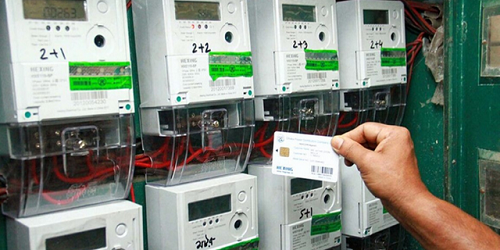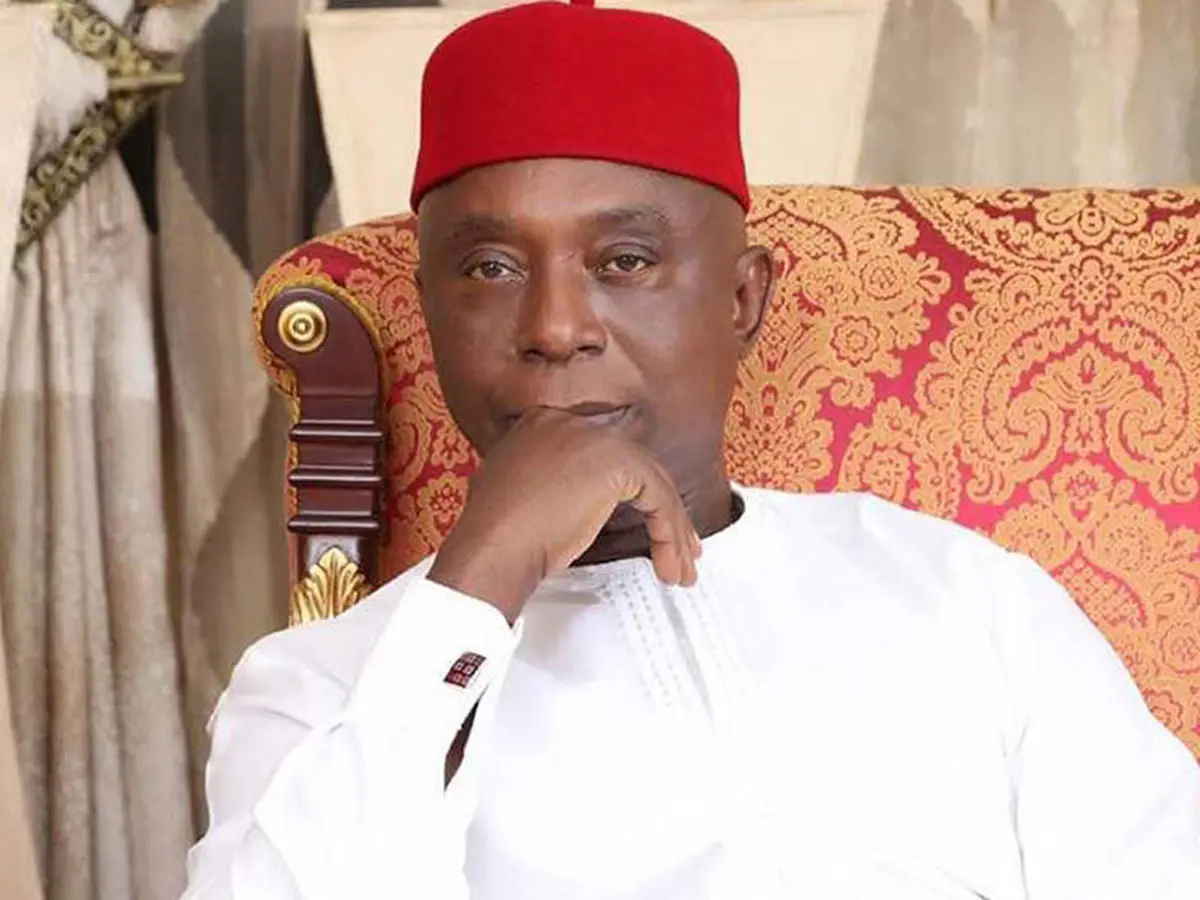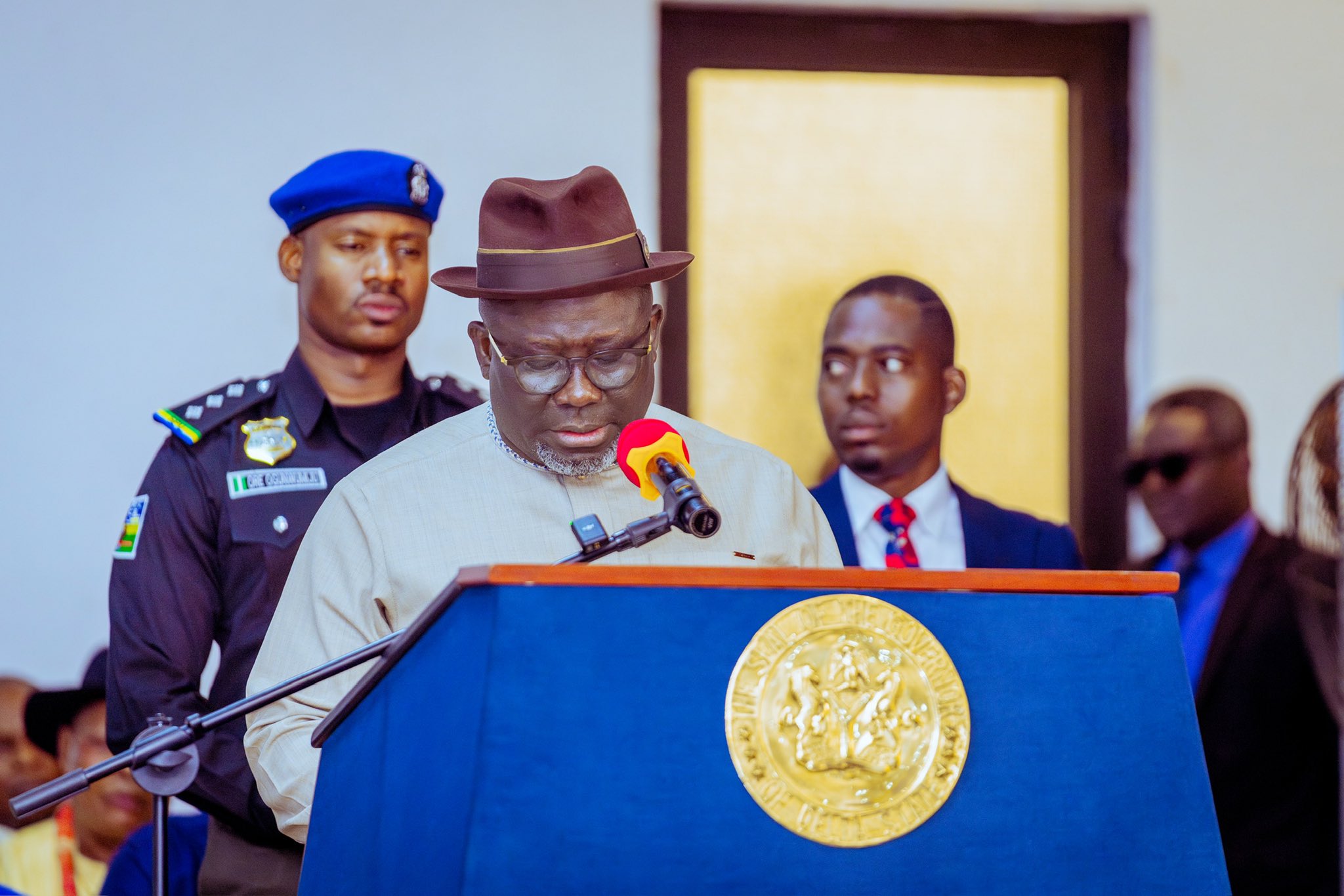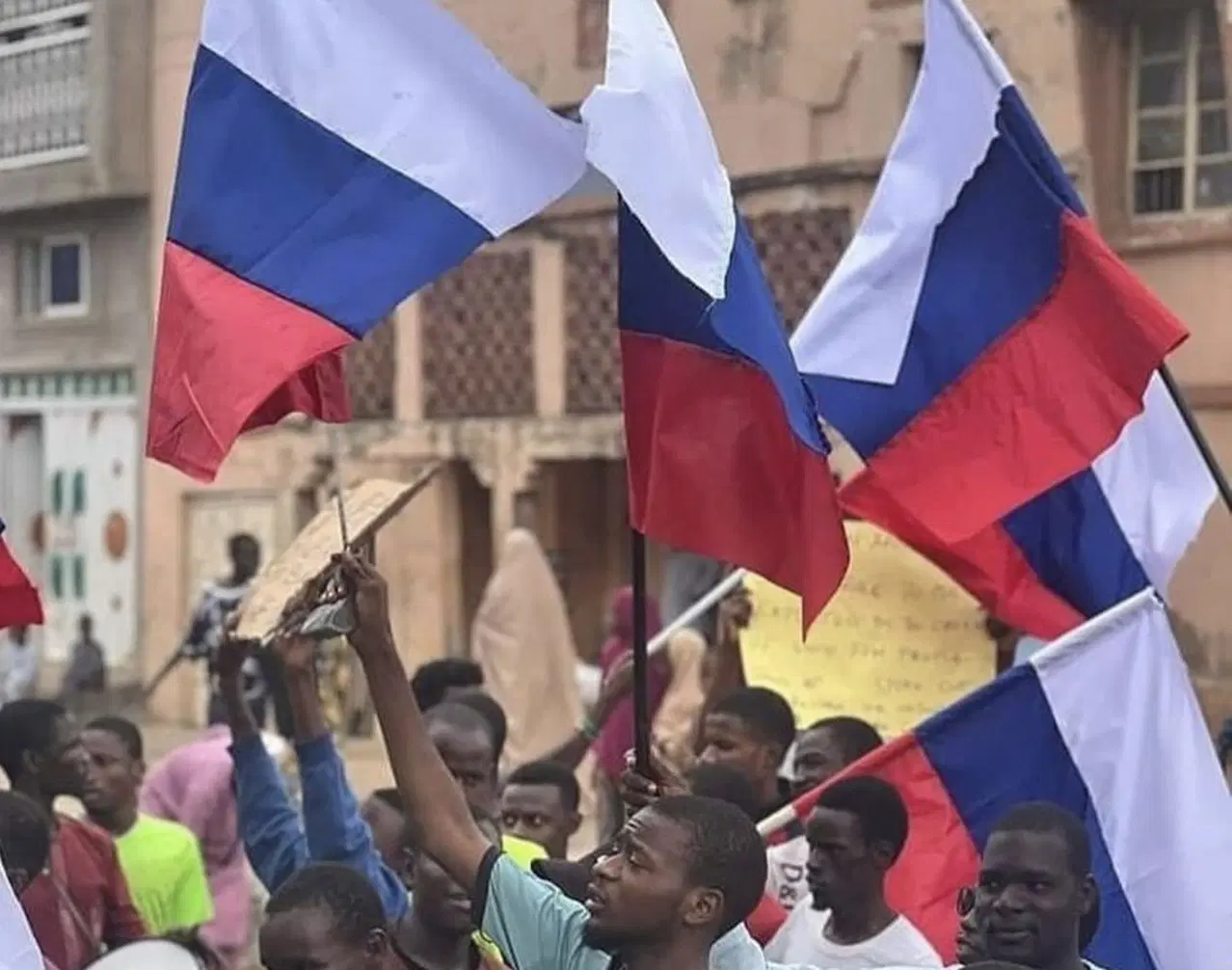Nigeria’s electricity landscape is bracing for a shake-up as all 36 state Commissioners of Power and Energy signaled readiness to negotiate more affordable electricity tariffs with power distribution companies (DisCos) in line with the Electricity Act 2023.
The move, led by Enugu State’s recent reduction of Band A electricity tariff from ₦209/kWh to ₦160/kWh, has sparked fierce resistance from power generation and distribution companies, who warn the effort could “cripple the power sector” if allowed to spread.
Despite the backlash, the Forum of State Commissioners of Power and Energy insists that states now have constitutional authority to regulate electricity within their borders and are determined to make power more accessible and fairly priced for residents.
Speaking to The PUNCH, the forum chairman and Cross River State Commissioner for Power, Prince Eka Williams, emphasized that tariff decisions must reflect the specific economic realities and consumer needs of each state. “There’s no one-size-fits-all,” he said, adding that any governor willing to subsidize tariffs has the legal backing to do so under the Electricity Act.
The Enugu Electricity Regulatory Commission (EERC), which first initiated the tariff reduction effective August 1, maintains that the new rates reflect local costs and allow for fair returns to the local distribution company, MainPower. The EERC stressed that the decision followed a thorough review of MainPower’s customer base, operational expenses, and debt obligations.
“The Commission did not alter the costs of generation or transmission,” EERC Commissioner Reuben Okoye clarified. “We’ve simply recalibrated tariffs based on what’s fair and sustainable for Enugu State.”
But the response from DisCos has been swift and hostile.
Sunday Oduntan, CEO of the Association of Nigerian Electricity Distributors (ANED), warned against what he described as “unsustainable populism,” insisting that states slashing tariffs are endangering national electricity stability. “We won’t sit at any table to negotiate tariffs with the states,” he declared. “This kind of action can crash the whole power market.”
While some states like Ekiti and Ondo have opted to maintain the current Multi-Year Tariff Order (MYTO), others—Lagos, Plateau, and Ogun among them—have indicated plans to implement their own pricing frameworks soon.
In Lagos, Energy Commissioner Biodun Ogunleye admitted that negotiations with DisCos have been frustrating. “They are resisting every step of our regulatory efforts,” he said, adding that Lagos would soon announce its own tariff policy regardless of DisCo opposition.
The Nigerian Electricity Regulatory Commission (NERC) recently confirmed that seven states—including Enugu, Oyo, Edo, and Kogi—have officially taken over control of their electricity markets. More states are expected to follow before September.
In a joint statement, forum leaders Williams and Omale Omale (Secretary) reaffirmed that Enugu’s decision was legal and confined to its jurisdiction. They dismissed fears of financial ruin for DisCos and GenCos, clarifying that wholesale electricity prices remain untouched.
“States are not randomly slashing tariffs or introducing blanket subsidies,” the forum said. “We are building credible, localized electricity markets with cost-reflective pricing that encourages investment—not discourages it.”
EERC further invited independent power producers to consider setting up shop in Enugu under a willing-buyer, willing-seller framework, promising speedy approvals for power purchase agreements and tariffs.
As the debate intensifies, one key question looms: Can Nigeria’s newly decentralized electricity sector balance affordability with sustainability? With tempers flaring between states and DisCos, the coming weeks could define the future of power in Nigeria.




